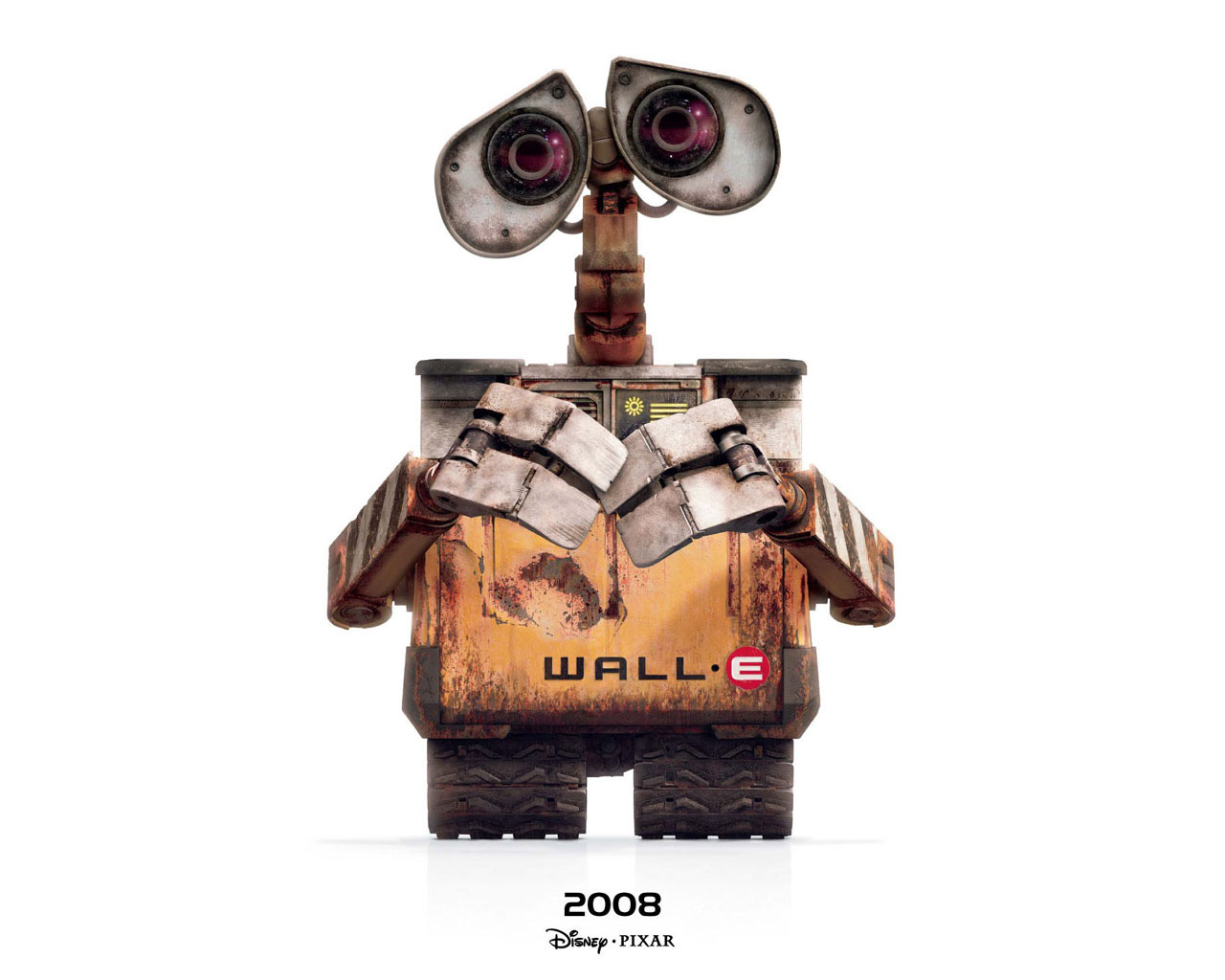The first connection I made while reading this bit of Galapagos has to do with the American Sign Language class I'm taking right now.
"He [Siegfried von Kleist] was unmarried and had never reproduced, and so was insignificant from an evolutionary point of view." [pg 49]
This is interesting because it's suggesting that because von Kleist had no children, he's basically pointless to the evolutionary system. I was reminded of ASL because last week I learned about a man named Alexander Graham Bell, who tried to completely exterminate all of the deaf community. He believed that because they had a hearing disorder, no matter how they came upon it, the person was inferior to the rest of his eugenic population. Because of this inferiority, Bell separated the deaf from each other, and had the children's parents convinced to sterilize them in order to prevent further reproduction within the deaf community, therefore, removing deaf people from the evolutionary process.
I find this connection interesting because in Galapagos, Vonnegut makes it clear that at some point, a person may no longer be able to contribute or matter to the process of evolution, just as in the real world some people will try to stop others from even becoming a part of the process at all.
[I had to look up online trying to find exact dates and figured if you guys wanted to read more into this I'd give you a link. This page starts talking about Bell about half way down, to find it easier "control"/"F" the name "Bell". http://jdsde.oxfordjournals.org/content/10/3/291.full ]
My second connection, though serious, is also not as traumatic as the first.
 Wall-E. We know him, we love him, but how exactly is he related to Galapagos or Vonnegut?
Wall-E. We know him, we love him, but how exactly is he related to Galapagos or Vonnegut?Well, remember the part of the movie where all humans are on the spaceship, and the pilot learns that humans have been evolving so that they no longer have a pinky toe? Yeah, that's how.
Okay, maybe not the pinky toe thing, but the depletion of the human body part.
"No person living today has hands clever enough or a brain big enough to operate a Gokubi or Manadarax." [pg 60]
So far in Galapagos, readers can gather that somewhere along human being's path through evolution, our brains begin to get smaller and smaller, and eventually fade basically into nothing. We're not sure why yet- perhaps we become too dependent on technology, or that's simply the way it has been for centuries and will be for many to come. Regardless, both the movie and book are suggesting that somewhere along the path of evolution, humans take a turn for the not-so-good. Though we may have technology, we may not have the brains to use them. Or the pinky toes.
[image: http://turbo.paulstamatiou.com/uploads/2008/06/wall-e_1280.jpg]
I love Vonnegut's integration of Darwinism in this book, and how he uses it to parallel our current situation and what the future may hold. The brains of our evolutionary ancestors developed and grew into what we have now, and I love how Vonnegut puts the shoe on the other foot and suggests the reverse of that.
ReplyDeleteI agree, Vonnegut's writing style is very engaging. Alexander Graham Bell is an interesting connection. I wouldn't necessarily characterize Bell as a villain, he worked extensively with the deaf and seemed to have been overwrought at his mother's deafness. I think that his discouragement of the use of sign language drew more from his conviction that the deaf could be taught to speak, rather than from an animosity toward the deaf.
ReplyDeleteI love how Vonnegut's scientific references are factual and objective, even though it's a science fiction novel that explores human emotion and thought. Science defines successful life as the contribution of fertile offspring (whom also produce offspring), and Vonnegut's inclusion of that seems a little cynical, but it's simply a definition. As for the Alexander Graham Bell situation, I agree with Utah. Bell may seem villainous to us in 2014, but in his lifetime, eugenics was a part of of the culture and popular belief. "Social Darwinism" and "survival of the fittest" (which was surprisingly never used by Darwin himself, but was actually coined by Herbert Spencer!) became huge in the early 1900's. I do not agree with the idea of eugenics, but times have changed dramatically.
ReplyDelete